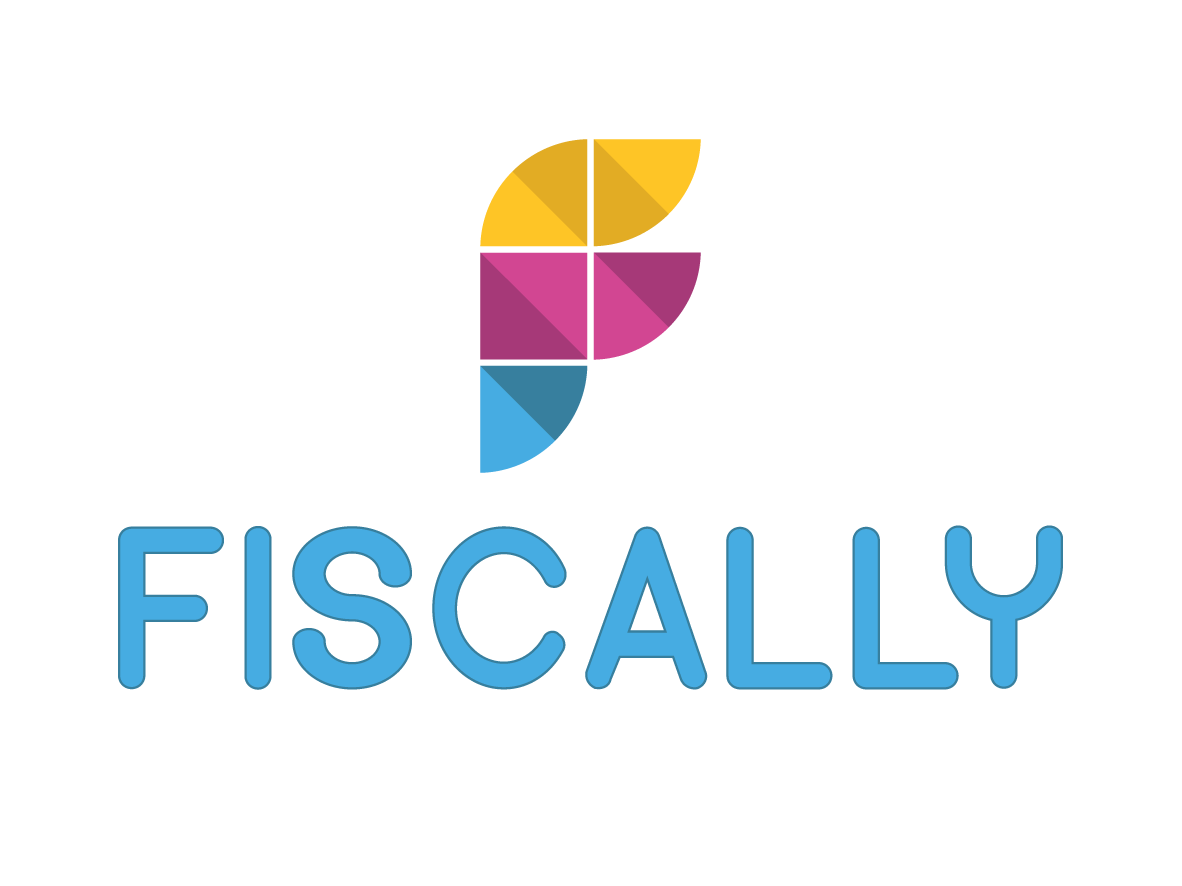the lowdown on taxes
Corporation Tax
Corporation Tax is the primary tax on a company's profits.
Rate: As of April 2023, 19% for profits under £50,000 and 25% for profits over £250,000, with marginal relief for profits between these thresholds.
Taxable Profits: Includes trading profits, investments, and chargeable gains.
Filing Deadline: Companies must file a Company Tax Return (CT600) within 12 months of the end of the accounting period.
Payment Deadline: 9 months and 1 day after the end of the accounting period.
Deductions & Reliefs:
Annual Investment Allowance (AIA): Deduct capital expenditures.
R&D Tax Credits: Available for innovation-based businesses.
Loss Relief: Carry forward or back losses to offset profits.
Value Added Tax (VAT)
VAT is an indirect tax on goods and services.
Threshold for Registration: £85,000 turnover in a 12-month rolling period.
VAT Rates:
Standard Rate (20%) – Most goods and services.
Reduced Rate (5%) – Certain items like domestic energy.
Zero Rate (0%) – Items like most food, children's clothing.
Filing Frequency: Monthly, quarterly, or annually depending on the scheme.
Schemes Available:
Standard VAT Accounting: Pay VAT on sales and reclaim on purchases.
Flat Rate Scheme: Simplified for businesses with turnover below £150,000.
Cash Accounting Scheme: Pay VAT when invoices are paid rather than issued.
Annual Accounting Scheme: Submit one VAT return per year with interim payments.
Pay As You Earn (PAYE) and National Insurance Contributions (NICs)
If a company employs staff (including directors), it must operate PAYE.
PAYE Income Tax
Deducted at Basic Rate (20%), Higher Rate (40%), or Additional Rate (45%) depending on employee earnings.
National Insurance Contributions (NICs)
Employer NICs: 13.8% on salaries above £9,100 per year (2023/24 threshold).
Employee NICs: Deducted based on earnings.
Employment Allowance: Reduces Employer NICs by up to £5,000 (if eligible).
Deadlines:
PAYE and NICs must be reported monthly via RTI (Real-Time Information).
Payments are due by the 22nd (electronic) or 19th (cheque) of the following month.
Business Rates
If a company operates from commercial premises, it may be liable for Business Rates.
Rateable Value: Determined by the Valuation Office Agency.
Small Business Rate Relief (SBRR): Available if the property’s rateable value is below £15,000.
Exemptions: Some properties, such as small businesses working from home, may not be liable.
Dividend Tax
If the company distributes profits as dividends, shareholders must pay Dividend Tax.
Allowance: The first £1,000 (2023/24) is tax-free.
Tax Rates:
Basic Rate: 8.75%
Higher Rate: 33.75%
Additional Rate: 39.35%
Directors taking dividends instead of salary often structure payments for tax efficiency.
Capital Gains Tax (CGT)
If a company sells assets (property, shares, goodwill, etc.), it may owe Capital Gains Tax (CGT).
Rate: 19% (as part of Corporation Tax).
Reliefs:
Business Asset Disposal Relief (BADR): 10% tax rate for qualifying business disposals.
Holdover Relief: Defers tax liability on asset transfers.
Construction Industry Scheme (CIS) Tax
Relevant for companies operating in the construction sector.
Contractors must deduct 20% or 30% tax from subcontractors and pay it to HMRC.
Monthly CIS Returns required.
Subcontractors can reclaim deductions against Corporation Tax.
Other Industry-Specific Taxes
Depending on business activities, other taxes may apply:
Insurance Premium Tax (IPT) – If selling insurance-related products.
Excise Duties – If selling alcohol, tobacco, or fuel.
Plastic Packaging Tax (PPT) – If importing or manufacturing plastic packaging.
Digital Services Tax (DST)
If a small company expands and generates £25 million+ UK revenue from digital services, DST applies at 2%.
Late Payment Penalties & Interest
If a company fails to meet tax deadlines, HMRC imposes penalties:
Corporation Tax: Late filing fines (£100+).
VAT: Late submission penalties under HMRC’s points-based system.
PAYE: Penalties of 1-4% of late amounts.
